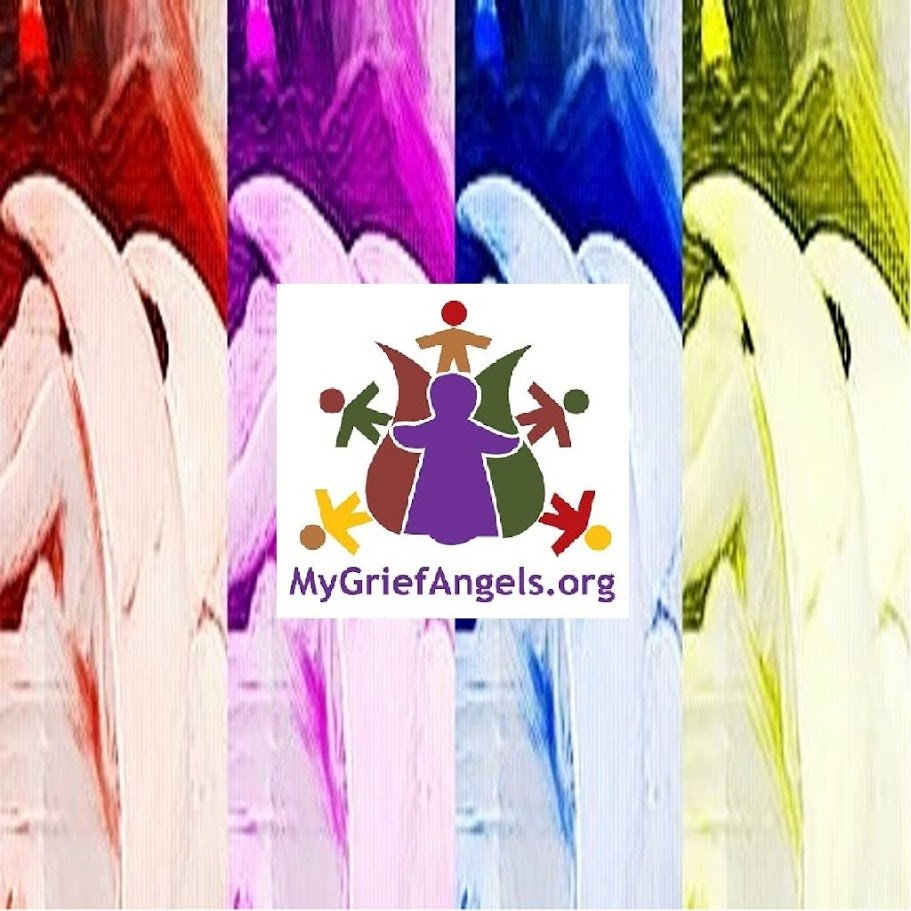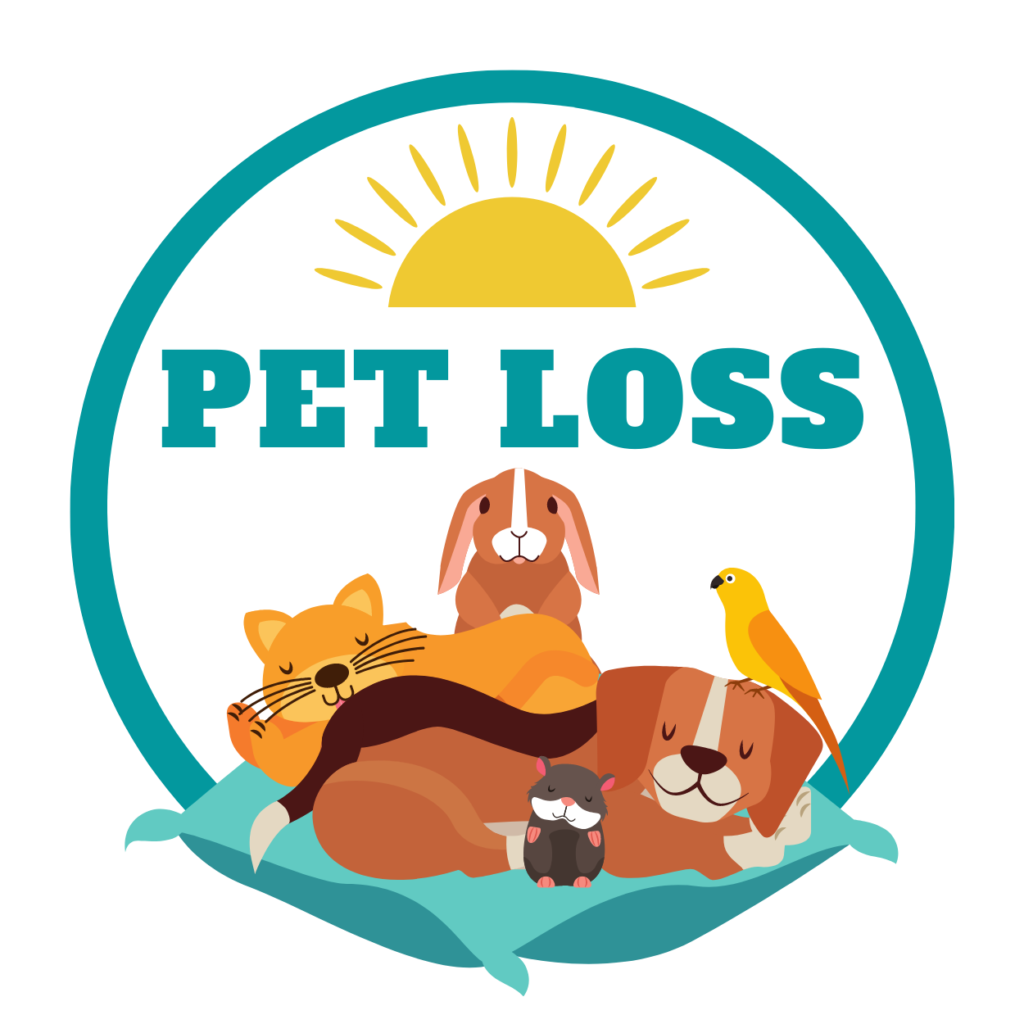
“According to the 2019-2020 APPA National Pet Owners Survey,
67% of U.S. households own a pet,
which equates to 84.9 millions homes.“

“The American Pet Products Association reported in its latest “COVID-19 Pulse Study” that
11.38 million U.S. households have gotten a new pet during the pandemic.
Furthermore, the human-animal bond remains strong, with
3 out of 4 pet owners saying that spending time with a dog, cat or another animal species helps reduce their stress and increases their sense of well-being during COVID-19.”
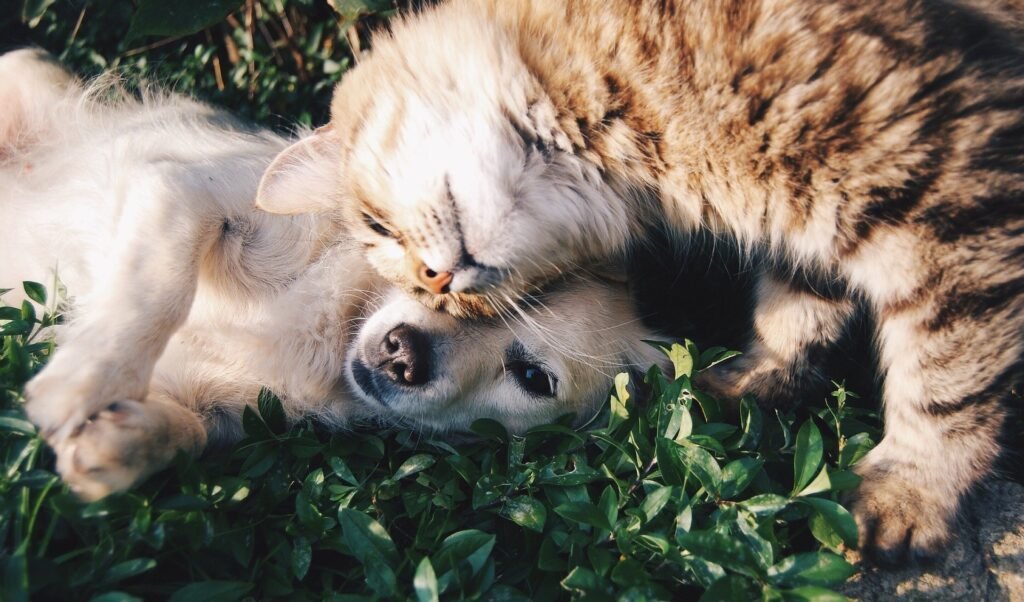
“5 Reasons We Should Take Pet Loss Seriously
Why our hearts break and our lives get disrupted
Psychology Today:
“1. Losing a pet can hurt as much as losing a family member.
2. All pets function as therapy animals.
3. Caretaking makes us feel better about ourselves.
4. Our daily routines get disrupted.
5. We lose aspects of our identity.”
The Ohio State University Veterinary Medical Center:
“Coping with the Loss of a Companion Animal
“Guilt and uncertainty are probably two of the most common emotions that people experience after the death of their pet. You may find yourself thinking continuously about what you perceive you could have, should have, or would have done to prevent or postpone your pet’s death.Some suggestions for coping with guilt include:
1. Be truthful with yourself about why you feel guilty.
2. Write a letter to your pet expressing feelings you may be struggling with.
3. Do a reality check. Most people assume that if they had done something differently, the outcome would have been better. It’s just as likely, however, that if you had done things differently, the outcome would have been the same.
4. Remember that you are human. No one is perfect. Accepting your imperfections will aid you in working through your emotions.
5. Remember that all living things die. There is not always an answer to why bad things happen and you do not have to find someone (yourself or others) or something to blame. Realize that sometimes you are powerless and that you cannot control everything that happens to your loved ones. What you can control is how you choose to respond to the events that happen in your life.
6. Try writing or talking to a trusted friend or advisor about your thoughts and feelings of guilt. Expressing your concerns in a safe and supportive environment can help you examine your emotions from a different perspective.”
The New York Times – Resilience:
The process of acceptance and letting go builds the resilience necessary to navigate an array of life’s obstacles.”
https://www.nytimes.com/2021/05/03/health/pets-death-lessons-strength.html
“Pets occupy a unique role in our lives…How we are able to manage the temporary reduction of joy and warmth from the missing roommate can be a significant practice in resilience…
One study…found that after losing a beloved pet, many of the participants reported an improved ability to relate to others and feel empathy for their problems, an enhanced sense of personal strength, and a greater appreciation of life.”
Pets as "Guardians of Being"


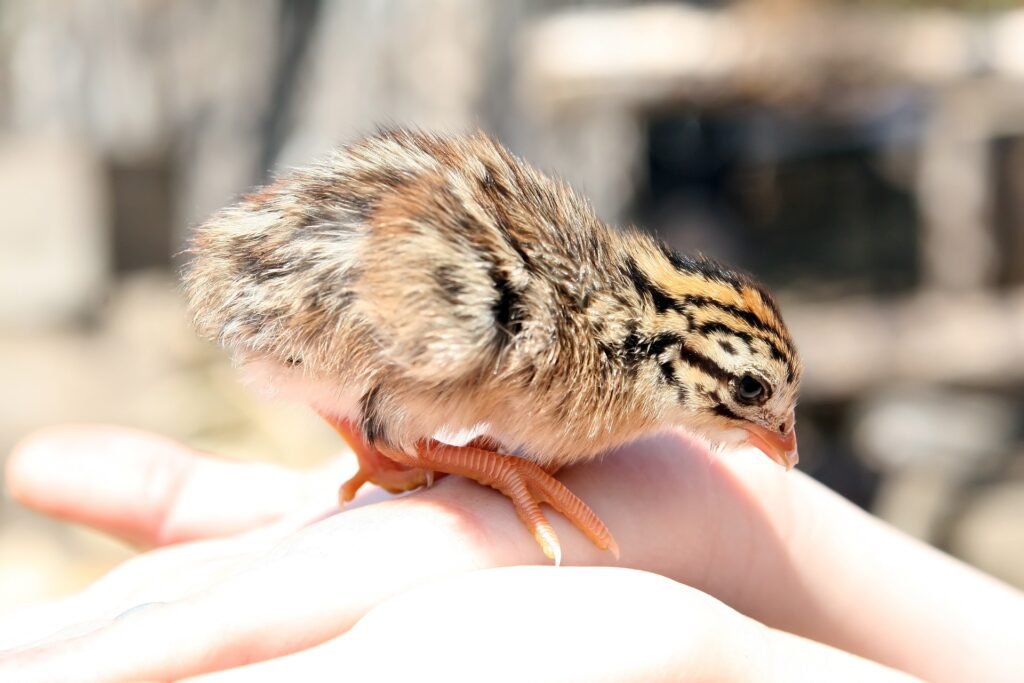
Grieving Our Pet’s Death:
“85.7% of pet owners experienced at least one symptom of Grief,
but the occurrence decreased to 35.1% at six months and to 22.4% at one year.
Males and females reported significantly different rates on six of 12 symptoms surveyed.
The severity and length of symptoms is significantly correlated with the degree of attachment to the deceased pet.
These findings indicate that pet loss can be a potential area of clinical concern, especially if the person’s attachment to the pet was strong.”
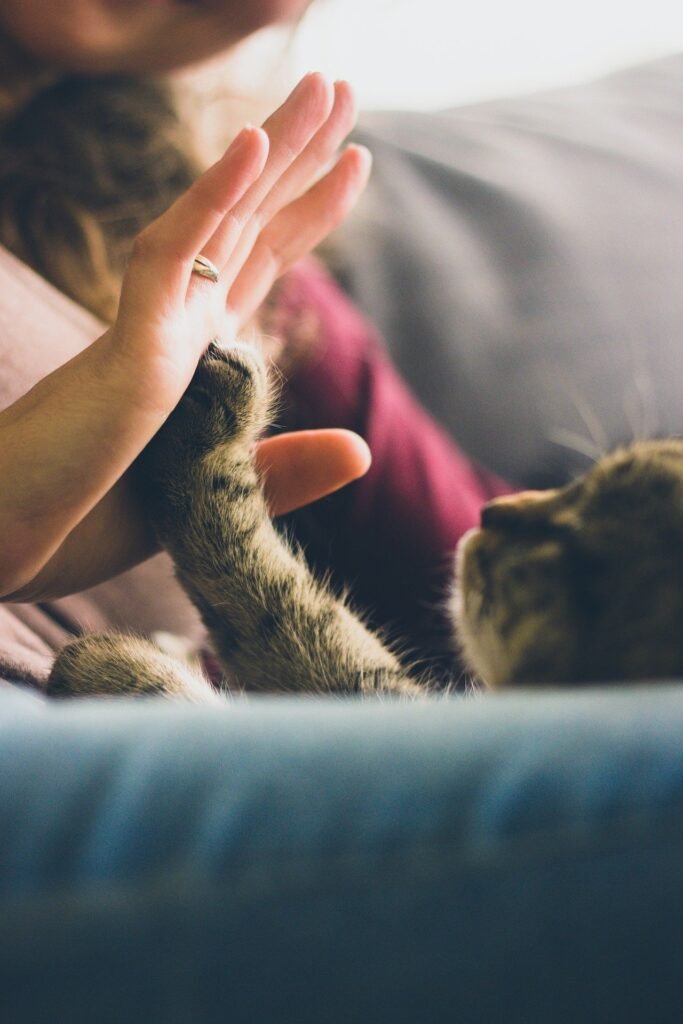
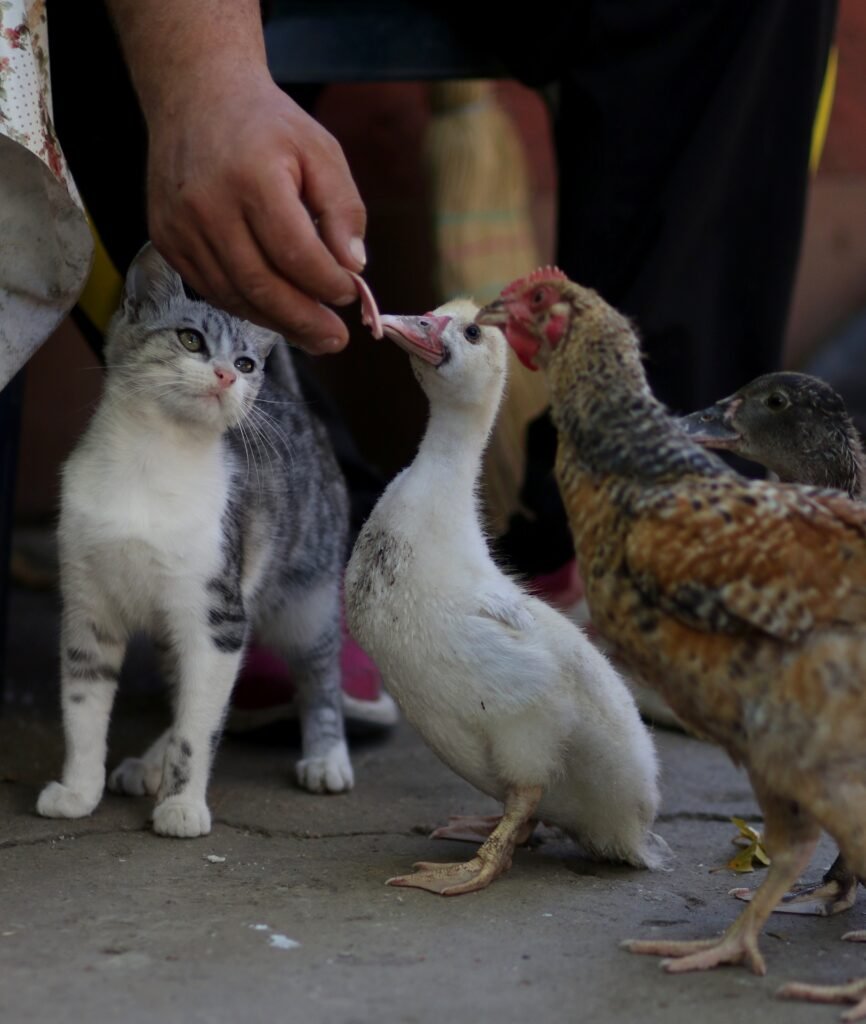
Pets Are Family,
and when our pets die – most of us will grieve them as a member of our family, or in many cases – our only family.
While there are less people now who will ask us
“Why are we grieving a pet?”,
Many of us will still face that question from our family, friends, co-workers and others. People who may be trying to help, but are ignorant to how their question may hurt most of us who loved our pets at the very difficult time of coping with the grief of loosing them.
Here, we will try to help in your grief journey by providing a compilation of grief support resources per the type of pet loss experienced.
This Pet Loss resource and app have been put together for and by people grieving the loss of a pet thru the efforts of virtual volunteers from the non-profit My Grief Angels https://www.mygriefangels.org/ And MalShies – https://www.malshies.com/
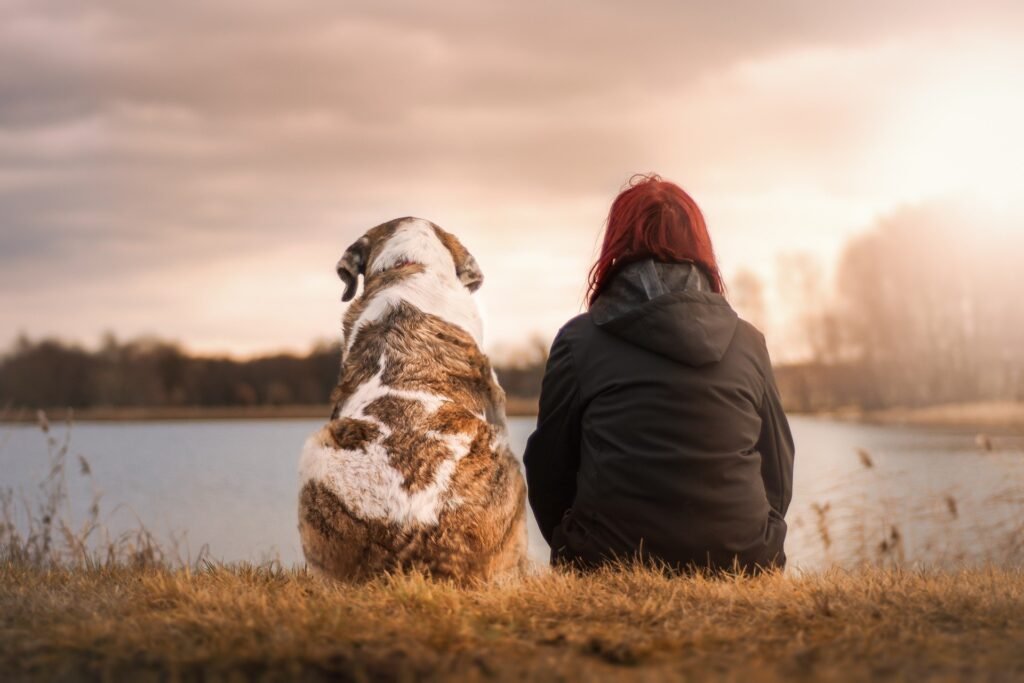
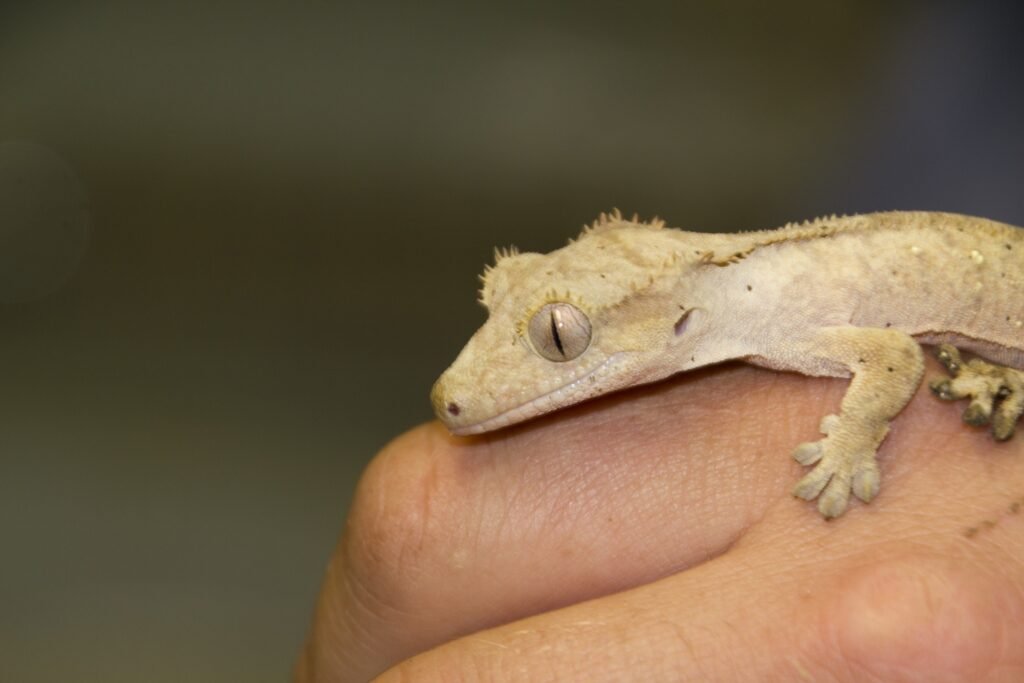
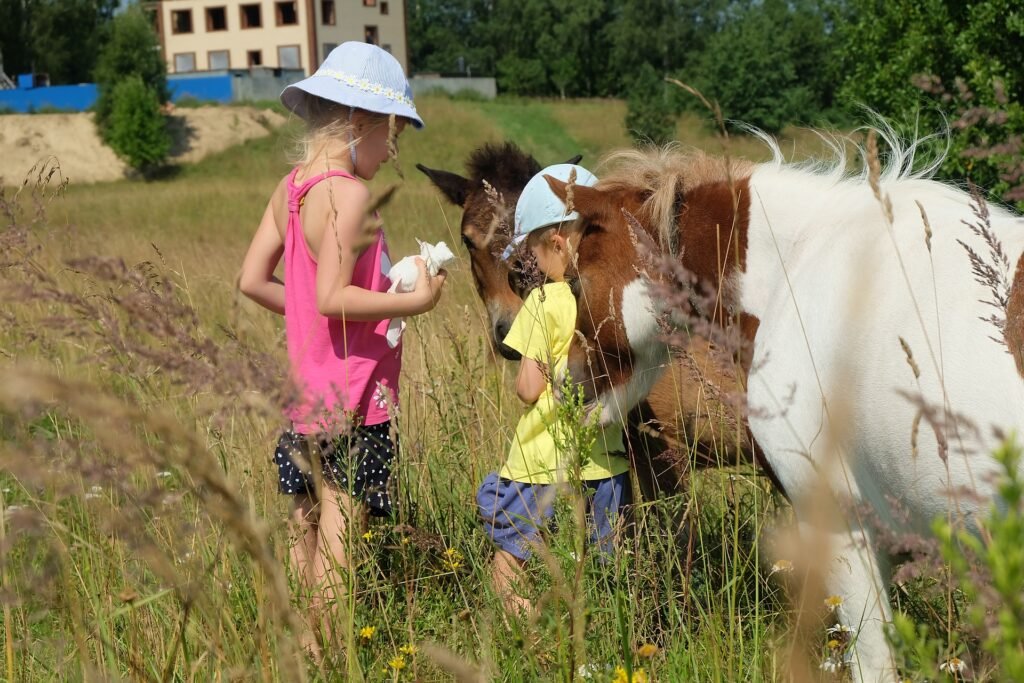
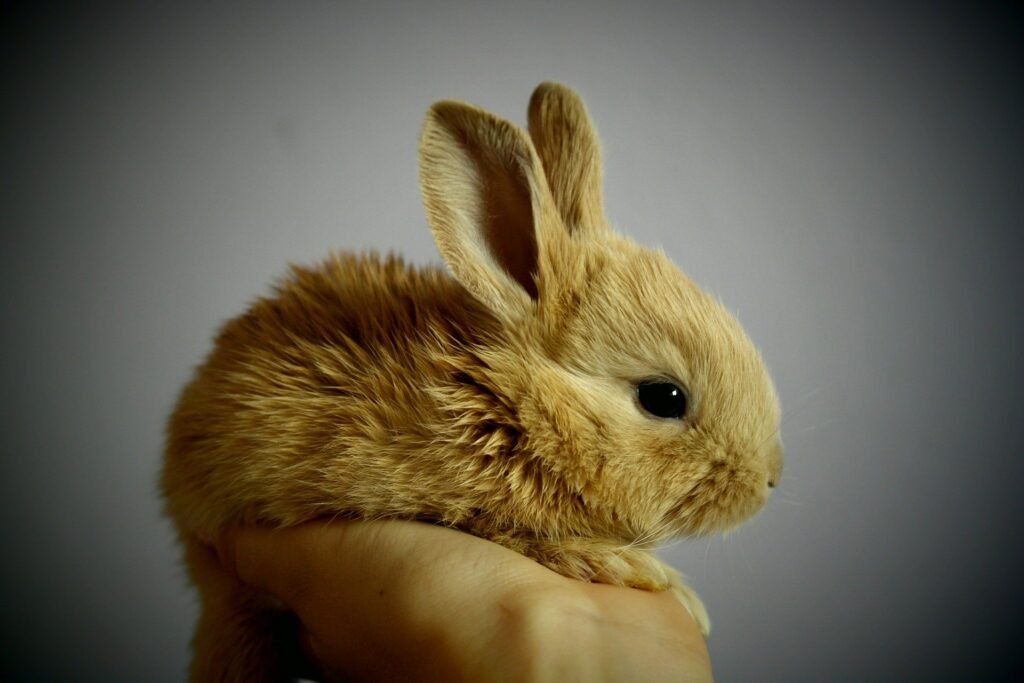
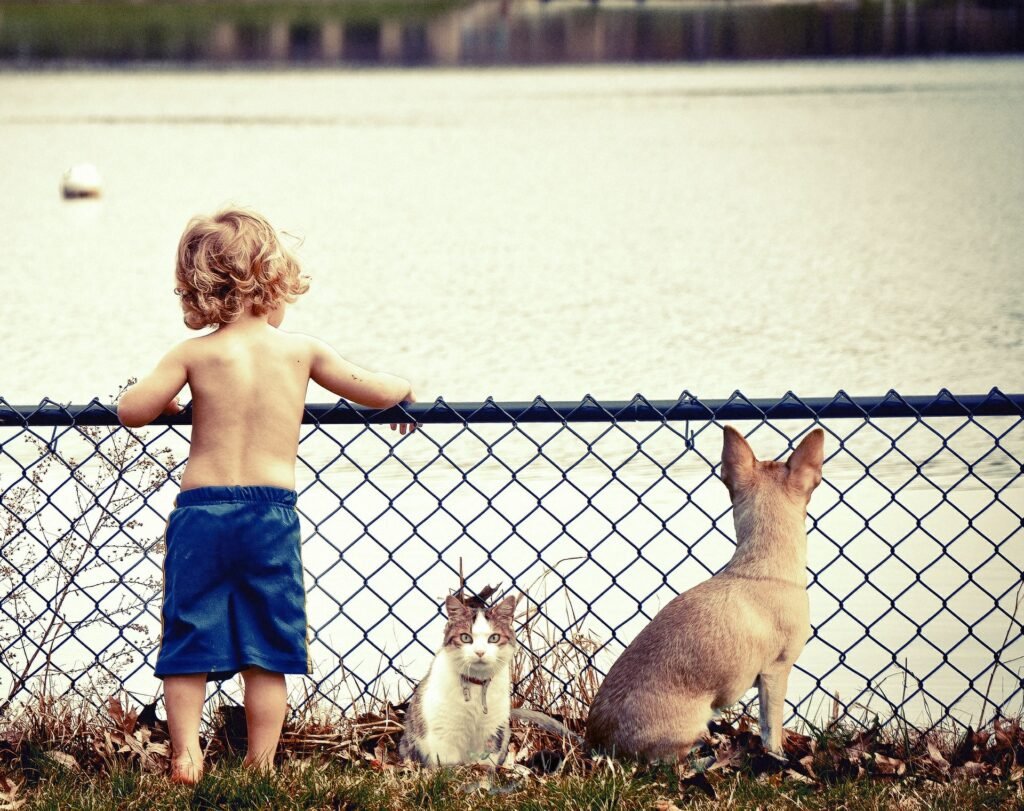
Loss of a pet can potentially trigger mental health issues in children
https://www.sciencedaily.com/releases/2020/09/200910130412.htm
Science Daily: “The death of a family pet can trigger a sense of grief in children that is profound and prolonged, and can potentially lead to subsequent mental health issues, according to a new study by researchers at Massachusetts General Hospital (MGH). In a paper appearing in European Child & Adolescent Psychiatry, the team found that the strong emotional attachment of youngsters to pets might result in measurable psychological distress that can serve as an indicator of depression in children and adolescents for as long as three years or more after the loss of a beloved pet.”
